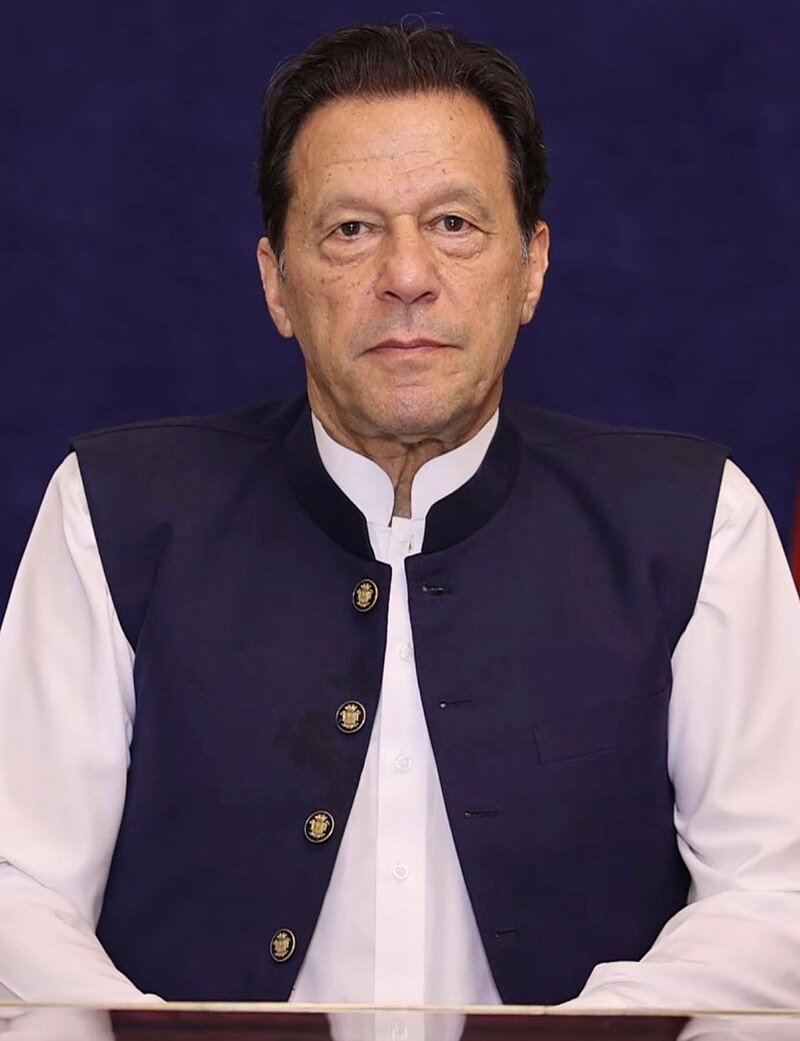Imran Khan, born on October 5, 1952, in Lahore, Pakistan, is a multifaceted figure known for his contributions in sports, politics, and philanthropy. His journey is one of remarkable achievements, with his life marked by success and controversy.
Early Life and Education
Imran Khan was born into an affluent family. His father, Ikramullah Khan, was a civil engineer, and his mother, Shaukat Khanum, was a social worker. He received his early education in Lahore and then went to Aitchison College. Later, he studied at the Royal Grammar School in Worcester, UK. Khan’s academic journey continued at Keble College, Oxford, where he earned a degree in Philosophy, Politics, and Economics (PPE). He showed an early interest in sports, particularly cricket.
Cricket Career
Imran Khan’s rise to fame began with his cricketing career. He was a brilliant all-rounder—both a bowler and a batsman—and captained the Pakistani national cricket team for many years. He made his debut for Pakistan in 1971 and went on to play for nearly two decades.
Under his leadership, Pakistan won the 1992 Cricket World Cup, a defining moment in the country’s sports history. Imran Khan’s leadership, composure under pressure, and skill on the field made him a legendary figure in the world of cricket. His success on the field cemented his place as one of the best cricketers in history.
Philanthropy and Shaukat Khanum Cancer Hos
Imran Khan’s philanthropic efforts were also significant. After his cricket career, he focused on building institutions to give back to society. In 1994, Khan established the Shaukat Khanum Memorial Cancer Hospital & Research Centre in Lahore, named after his mother, who passed away from cancer. The hospital became one of the most advanced cancer treatment centers in Pakistan, providing free treatment to cancer patients who could not afford it.
He continued to support education and healthcare, further strengthening his reputation as a social reformer in Pakistan.



